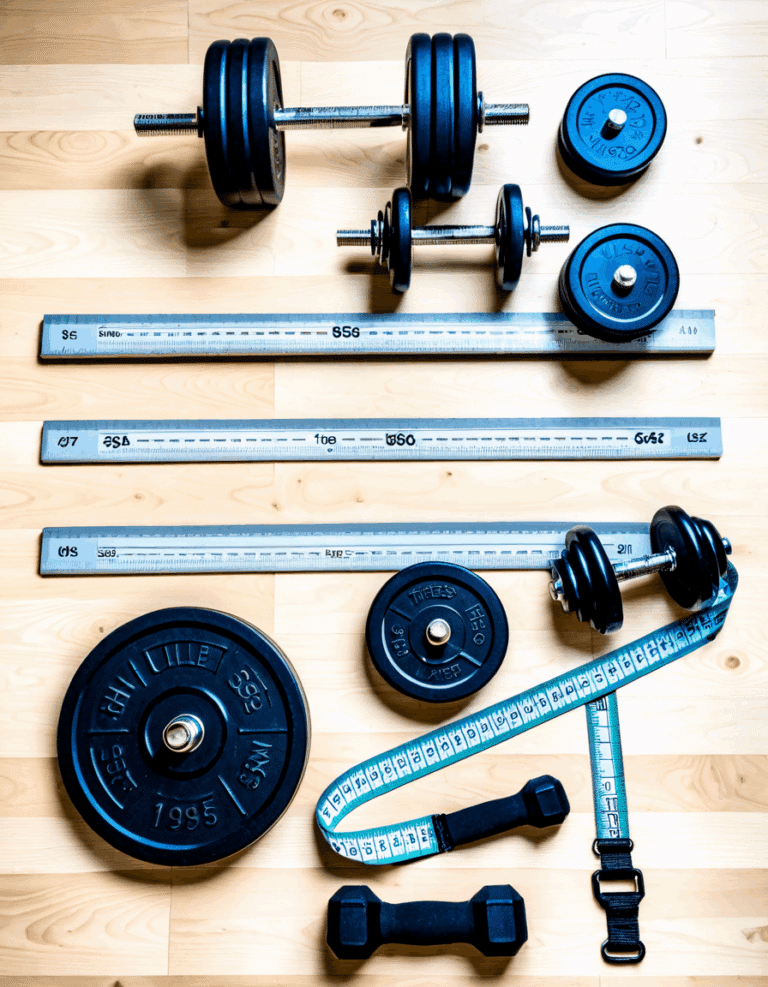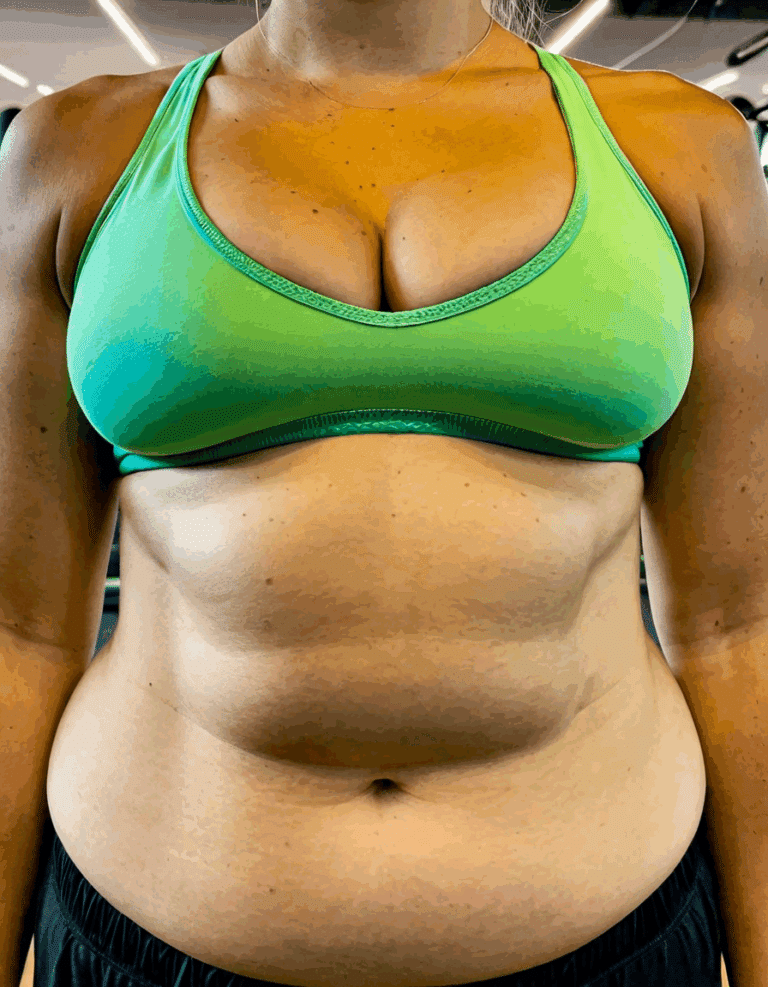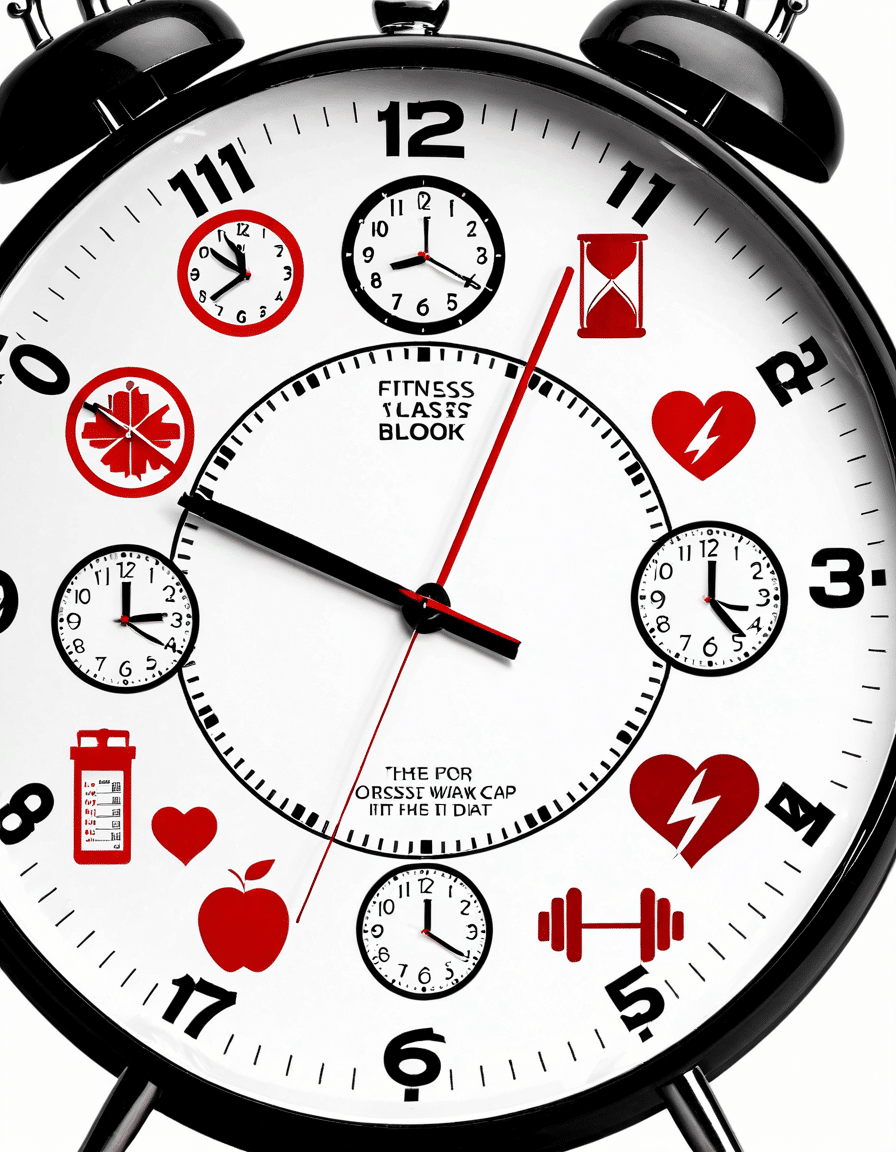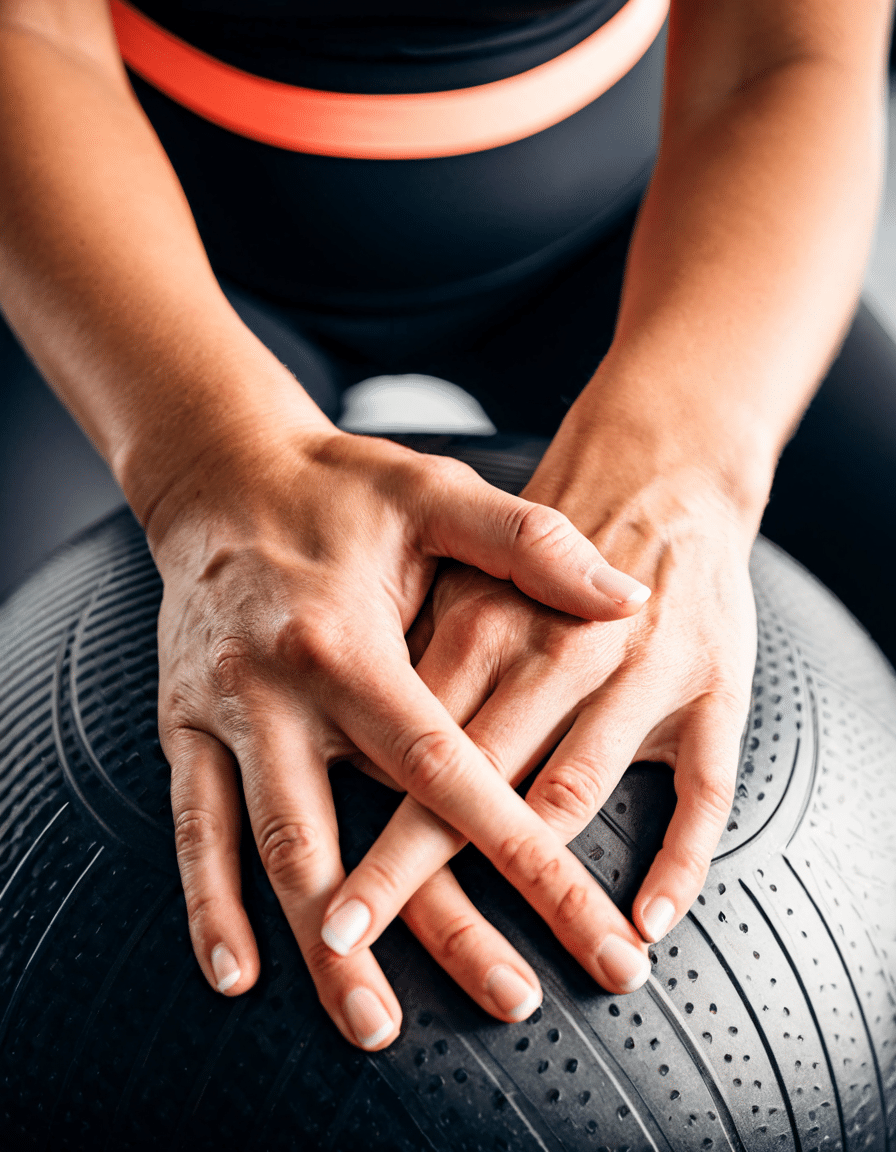Fasting before blood work is a critical step to get those results that truly reflect your health. Knowing how long to fast for blood work can empower you to take control of your health journey. While the fasting duration typically ranges from 8 to 12 hours, the specific time can change based on the tests asked by your healthcare provider. Let’s dive into the nitty-gritty of fasting for accurate test results and help you unleash your inner champion!
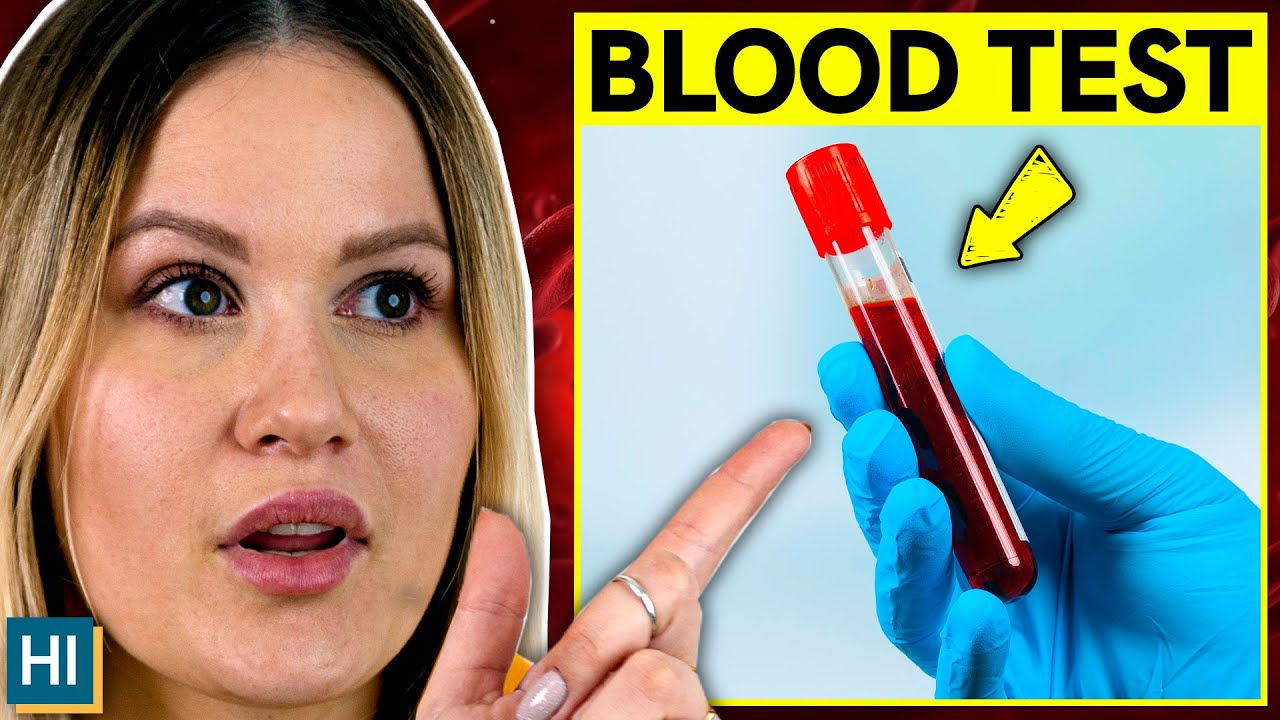
1. How Long to Fast for Different Types of Blood Tests
Fasting requirements can change based on the type of test being conducted. Here’s a structured overview of what to expect:
a. Fasting Blood Glucose Test
For a fasting blood glucose test, you typically need to fast for 8 to 12 hours. This test is crucial for diagnosing diabetes and helps to ensure you stay healthy. To prep for this test, you might even look into home monitoring solutions, like Abbott’s FreeStyle Libre, which lets you track your glucose levels without the hassle.
b. Lipid Panel
A lipid panel, which measures cholesterol levels, usually requires a period of fasting ranging from 9 to 12 hours. This test is a game-changer when it comes to evaluating heart health. Brands like Quest Diagnostics offer this service, making sure you’re on point with your dietary habits pre-test.
c. Comprehensive Metabolic Panel (CMP)
When it comes to a CMP, which looks at glucose levels along with electrolytes and kidney function, an 8 to 12 hours fasting period is standard. LabCorp is known for their thorough testing in this arena, making it easier for you to understand your overall health.
d. Thyroid Function Tests
Interesting enough, thyroid tests often do not require fasting because food intake does not affect their results. However, it’s always wise to consult your healthcare provider to confirm any specific requirements.
e. Complete Blood Count (CBC)
Typically, a CBC does not require fasting. However, lifestyle elements leading up to the test can affect the results. If you have any concerns, reach out to your doctor for clarity.

2. How to Stay Awake While Fasting
Fasting doesn’t mean you need to drag yourself through the day. Here are some strategies to keep you energized:
![Doctors WRONG about Fasting before Labwork! [List of Tests] 2024](https://www.chiseled-magazine.com/wp-content/cache/flying-press/f0bb566c4420c1605f736bee8e17dc8f.jpg)
3. Managing Common Distractions During Fasting
Keeping focused while fasting can be tricky, but managing distractions gives you the upper hand. Here’s how:
a. How to Stop Restless Legs Immediately
If you’re wrestling with restless legs while fasting, try gentle leg stretches, knee raises, or even grabbing a foam roller for immediate relief. These techniques can help you loosen up and keep your mind in check.
b. How to Meditate for Calmness
Meditation can be a game changer, helping you to forget about that growling stomach. Utilize apps like Calm or Headspace; a quick 5-minute session can reduce stress and help you regain focus during fasting.

4. How to Last Longer in Various Contexts
Whether it’s during fasting or tackling other life challenges, resilience is vital. Here’s how to endure:
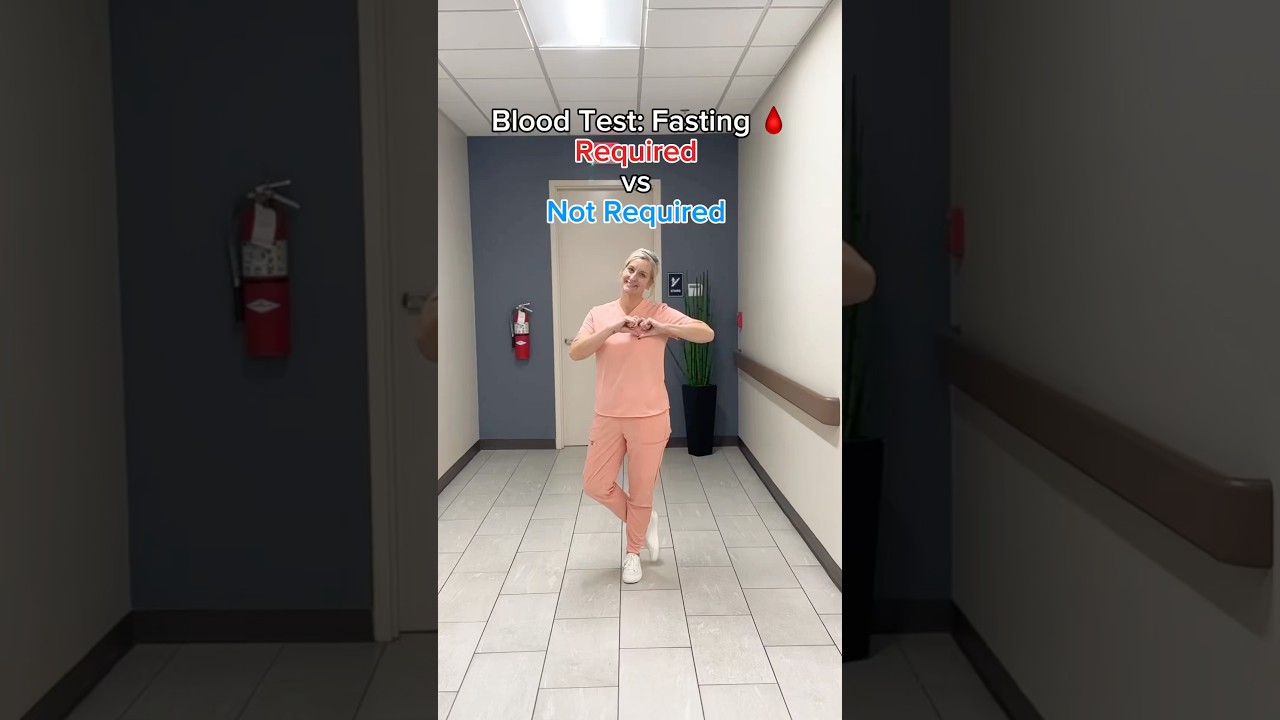
Innovative Wrap-Up
Fasting for blood work is no walk in the park, but it’s a pivotal part of maintaining your health. By exploring how long to fast for blood work and integrating techniques to stay alert, you can transform this process into a smooth ride. From hydrating appropriately to using effective meditation methods, these strategies set you up for success. Your health journey doesn’t stop at the test results. Communicate with your healthcare provider and stay informed to create lasting changes that lead you toward becoming a healthier, more powerful version of yourself.
Embrace the challenge and see it as a stepping stone towards that shredded physique or toned body you aspire to achieve. You’ve got this!
How Long to Fast for Blood Work
When figuring out how long to fast for blood work, most folks are surprised to learn that the typical recommendation ranges from 8 to 12 hours. But why is fasting important at all? Well, it helps get a clearer picture of your health markers without interference from what you’ve eaten recently. You wouldn’t want a meal of fresh Subway wraps skewing your cholesterol levels, right? Even the seemingly innocuous items like snacks, beverages, or even Nicorette gum can alter your test results, so it’s crucial to stick to that fasting timeframe.
The Science Behind Fasting for Blood Work
Ever wonder what happens if you don’t fast long enough? Studies show that insufficient fasting can result in inaccurate lipid profiles and glucose readings, potentially leading to misdiagnosis. This isn’t just about keeping you healthy; it also underlines the relationship between fasting and body performance, somewhat akin to an athlete preparing for a race. Notably, athletes like Dave Rienzi understand that preparation—like a strategic approach to using a plyo box for training—is key to achieving optimal outcomes. So, treating blood work as a ‘mini-race’ can give you that winning edge!
Fun Fast Facts
Here’s a little nugget for you: while fasting, your body goes through interesting metabolic changes. For instance, it switches from using glucose to fat for fuel—a process called ketosis. This is often why people jump on the intermittent fasting trend; it’s thought to aid weight loss and increase energy. Speaking of energy, did you know that sufficient sleep plays a role in your health too? If you’re struggling to get your Zs, check out our guide on how to go to sleep fast. And while you’re at it, if you’re a coffee lover, you’ll want to link it to your fasting before blood work! Caffeine can affect certain lab results, so you might need to skip that cup before your appointment, just like an actor might need to avoid distractions before their big scene, like Leonardo DiCaprio dating rumors right before an Oscar nomination!
In summary, knowing how long to fast for blood work is crucial for accurate readings. By following guidelines and being mindful of what you consume, you can ensure that your tests reflect your true health condition. And don’t forget, staying active and incorporating exercises like cable rows into your routine can help you maintain overall wellness that complements your fasting efforts!



